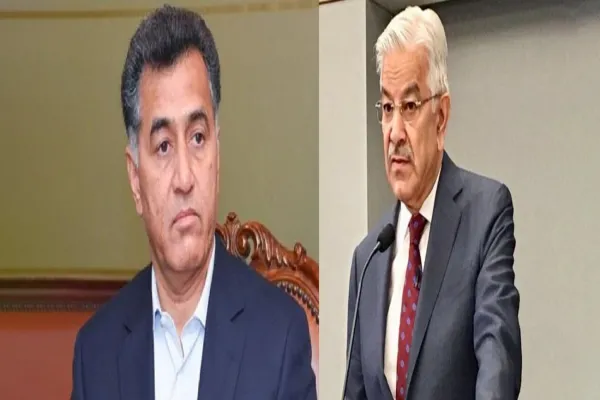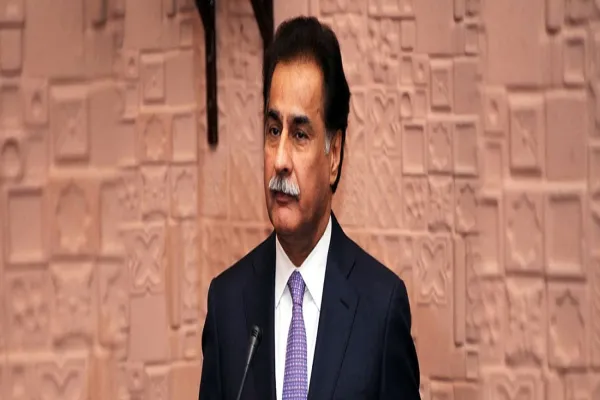i NEWS PAKISTAN
The International Monetary Fund (IMF) has revised down its projection for Pakistan's gross external financing needs for the fiscal year 2023-24. In its report titled, "First review under the Stand-By Arrangement," the IMF now estimates the financing needs at $24.965 billion, equivalent to 7.1 percent of the GDP. This marks a decrease from the initial projection of $28.361 billion, which accounted for 8.1 percent of the GDP. The IMF report indicates that the Stand-By Arrangement (SBA) program is fully financed, with the reserve position at the end of fiscal year 2024 aligning with program objectives. The International money lender has delivered over $3 billion in commitments, and an additional $1 billion in multilateral support is expected by the end of 2023. Bilateral support of $0.7 billion has been reaffirmed, though the Islamic Development Bank's contribution is now anticipated to be lower than the initially pledged $1 billion. While the debt rearrangement with a major bilateral creditor has generated savings of approximately $1.2 billion in both fiscal year 2024 and fiscal year 2025, the report highlights persisting financing risks.
These risks stem from substantial public sector external rollover needs, a consistent current account deficit, challenges in the external environment for Eurobond and Sukuk issuance, and limited reserve buffers in case of delayed inflows. Authorities in Pakistan assure that financing from international partners to support the economic reform program has been secured. Current projections, based on outlined policies, estimate gross external financing needs for fiscal year 2024 at approximately $25 billion, including the current account. Of this, about $13.8 billion is attributed to amortizations of the public sector. Prior to SBA approval, Pakistan secured $5.6 billion in additional financing commitments, with over $3 billion already disbursed. Commitments from partners include $7 billion in rollovers, $1 billion in debt refinancing, and $1.2 billion in amortization savings. The report emphasised that Pakistan's capacity to repay the IMF remains critically dependent on policy implementation and timely external financing. With the Fund's exposure reaching significant levels, risks such as delayed reforms, high public debt, low gross reserves, and sociopolitical factors could jeopardize policy implementation and impact debt sustainability.
Uncertainty about global economic and financial conditions, coupled with successive shocks, adds to the existing risks. The report underscores the importance of adequate and timely execution of financing assurances from official creditors to mitigate these challenges. The Stand-By Arrangement poses enterprise risks, including concentration risk due to Pakistan being the fourth-largest GRA credit exposure. However, the report notes several mitigating factors, such as targeted macro-critical conditionality, phased access, burden sharing, and assurances from key multilateral and official bilateral creditors. Sociopolitical tensions are acknowledged as potential challenges to program implementation.
Credit: Independent News Pakistan (INP)









